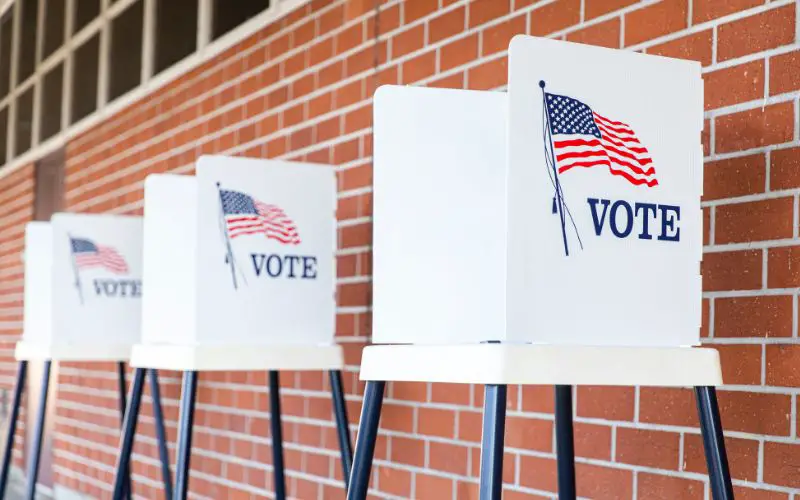Guest Opinion. For most of United States history, Native Americans could not vote in U.S. elections. Most Natives were denied U.S. citizenship until 1924, and it wasn’t until the 1960s that the federal government established full voting rights for Natives. So, when we talk about the importance of voting, we understand it as a hard-won right gained in recent history by our elders and ancestors.
That’s why voting is more than just a right; it is a responsibility that all Cherokees should embrace whether you live within the Cherokee Nation Reservation, across Oklahoma, or in other parts of the country.
Voting is one of the most powerful ways tribal citizens can make their voices heard, whether in tribal, local, state, or federal elections. It’s not just about who wins the election. When federal and state leaders know that tribal citizens are an active voting constituency, our voice is more likely to be heard, even beyond election years. Voting helps to ensure that unique tribal issues remain in focus during important political conversations.
The frustrations we feel about issues — whether it’s a lack of attention to hungry children, broken compacts, the mishandling of federal Indian policies, or decisions to underfund public education or Indian health care — will never be addressed unless we are active participants in the electoral process.
Change requires many different efforts and strategies, but it starts with voting. With the Native vote, we can hold leaders accountable for the issues that impact Cherokee Nation and Indian Country.

Cherokee Vote, our voter registration initiative, has been crucial in connecting Cherokees to their voting power. Since its launch in 2013, Cherokee Vote has registered almost 80,000 people for elections across every level, with more than 2,000 new registrations added this past year alone.
This effort spans across the Cherokee Nation Reservation, as well as through consistent visibility with our at-large citizens nationwide, including Cherokees in key swing states like Arizona and Georgia. Cherokees live in every state and congressional district across the country.
The Cherokee Vote team is active at numerous community events, as well as cultural celebrations like Indigenous Peoples Day. We’ve collaborated with the National Congress of American Indians, Rock the Native Vote and the United Indian Nations of Oklahoma to expand our education effort to Natives of many tribes.
Cherokee Vote’s efforts have always been nonpartisan because Cherokee issues are nonpartisan. We have worked closely and successfully with both Republican and Democratic officials. What matters most is electing leaders who honor sovereignty, respect tribal governments, and prioritize Indian Country.
So, let’s organize, let’s vote, and let’s ensure that our voice remains a powerful force in this country. In Oklahoma, you can make a plan to vote early at your county election board on Oct. 30, Nov. 1, or Nov. 2, or you can vote at your local polling place on Nov. 5. Visit the OK Voter Portal to find your polling place and see what’s on your ballot.
Every vote cast by a Cherokee citizen contributes to the future of our tribe. Together, we can shape the policies and leaders that will impact us for generations.
Chuck Hoskin, Jr. is the principal chief of the Cherokee Nation.


Leave a Comment